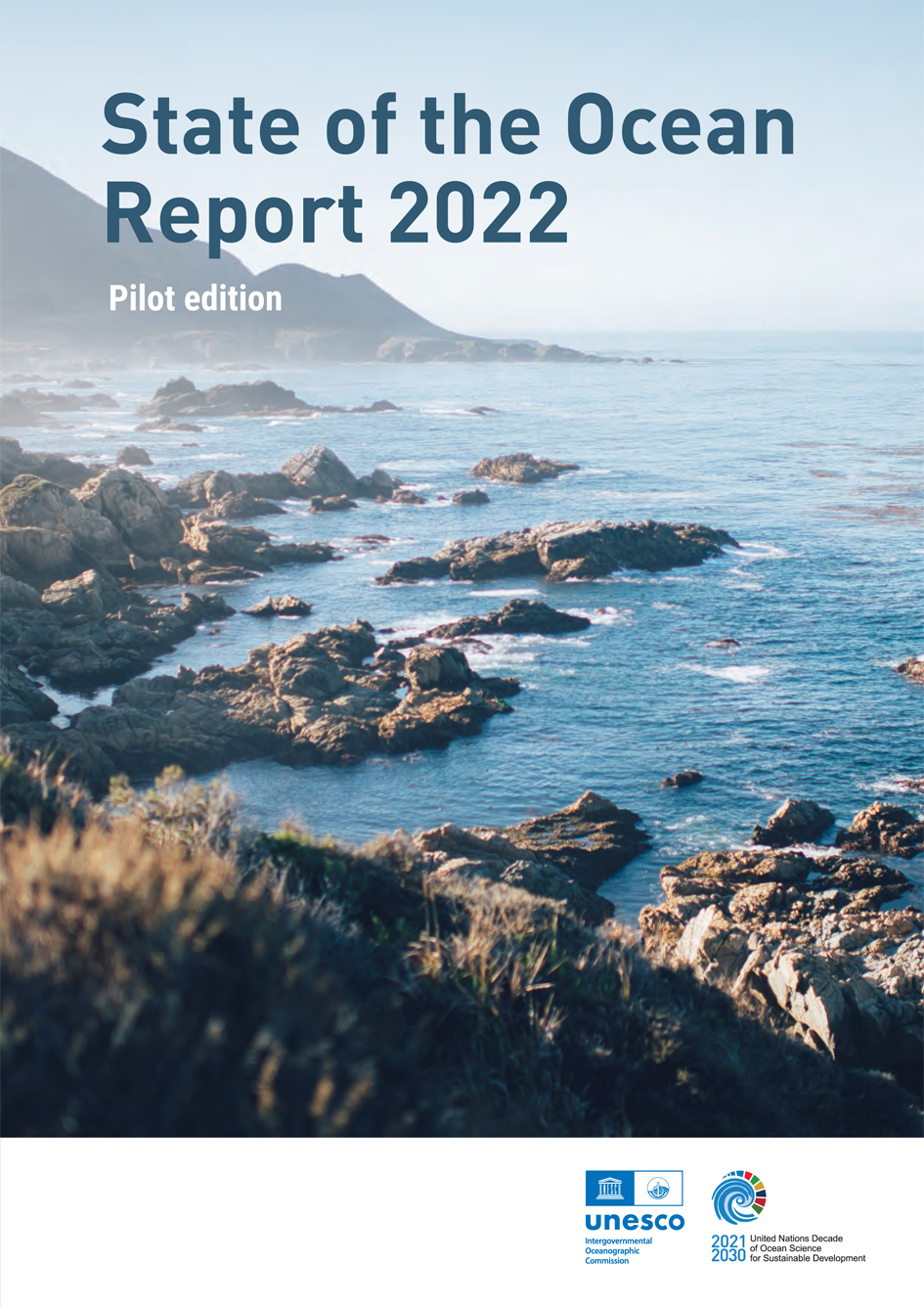
United Nations Educational, Scientific and Cultural Organization (UNESCO) launched a new flagship report entitled “State of the Ocean Report”, offering a brief, accessible, one-stop overview of the current state of the ocean, and to mobilize global society to act - and monitor progress - towards global goals.
This pilot edition of the State of the Ocean Report (StOR) was proposed and developed to demonstrate the feasibility of keeping the world up to date on the current state of the ocean. It is intended as complementary to other assessments such as the World Ocean Assessment and the reports of the Intergovernmental Panel on Climate Change (IPCC) and the Intergovernmental Science-Policy Platform on Biodiversity and Ecosystem Services (IPBES).
At the driving seat of the new report, the IOC-UNESCO is the main United Nations body for the promotion and international coordination of marine sciences to improve management of the ocean, coasts and marine resources. Hosted within UNESCO, the Commission enables 150 Member States to work together by coordinating programmes in capacity development, ocean observations and services, ocean science and tsunami warning, advancing knowledge-based solutions to key economic and social issues.
The State of the Ocean Report is the first such report to succinctly compile the most current knowledge on the state of the ocean - from pollution to biodiversity - bringing all the key information policy-makers and ocean managers require for making informed decisions in ocean protection and sustainable planning.
The pilot edition of the State of the Ocean Report invited contributions from over 100 renowned experts, between authors and reviewers, across all major marine science fields, including ocean acidification, deoxygenation, marine pollution, tsunami early warnings, marine spatial planning, data management as well as enabling infrastructure to name a few. Subsequent editions of the Report will also invite contributions from other United Nations agencies, along the model of the State of the Climate report, regularly published by the World Meteorological Organization.
Originally published by IOC UNECSO.
